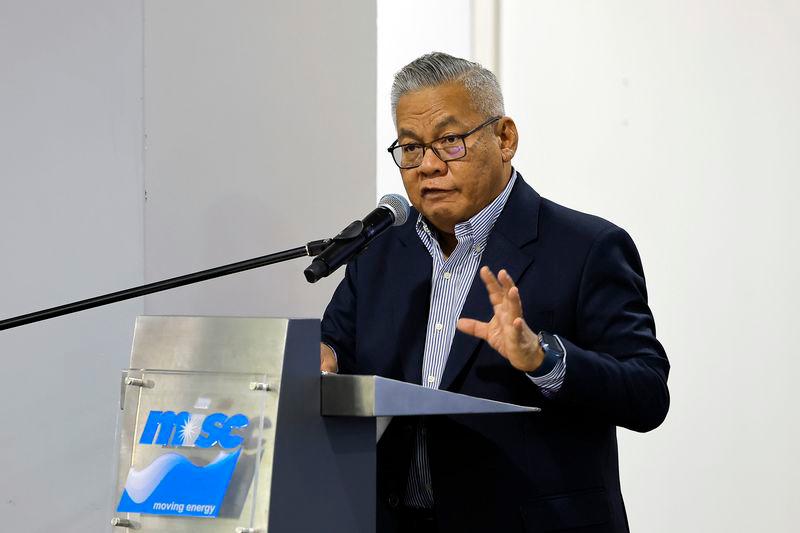KUALA LUMPUR: Seventy per cent of the complaints received by the Malaysian Anti-Corruption Commission (MACC) as of July this year were related to public procurement, its Deputy Chief Commissioner (Prevention) Datuk Seri Norazlan Mohd Razali said.
He said this percentage demonstrates an increase from 69% in 2023 and 67% in 2022.
According to Norazlan, in numerous public procurement cases under investigation, the MACC also identified that most corruption offences are primarily related to abuse of power, soliciting or receiving bribes, and approval of claims for work or services not entirely fulfilled, or supplies not completely delivered.
“All these caused the funds to be used for public goods and services to be drained away through overpriced contracts, quality of goods and services are compromised through the usage of inferior materials and substandard construction, and services became unreliable, posing risks to the welfare and safety of the public,” he said in his opening remarks at the 10th National Procurement Conference 2024 here today.
Norazlan said that such corrupt actions have detrimental effects on both economic and social aspects and have led to a waste of resources, inefficiencies and missed opportunities, ultimately reducing public trust in the government and eroding the public integrity necessary for advancing the public good.
However, he said combating corruption involving public procurement has always been one of MACC’s main strategic focuses over the years to prevent leakages and increase the country’s revenues.
This is evident through the organising of 126 programmes that focus on highlighting corruption in procurement which include talks, lectures, seminars and forums involving both public and private sectors, as well as government-linked companies.
Additionally, Norazlan said in 2022, MACC through the Governance Investigation Division has made 113 recommendations to government agencies, 65 of which were made last year and 17 others as of July this year.
“Given that many of these processes are currently managed by humans, there is a need for technology to govern human behaviours and reduce opportunities for corruption.
“E-procurement systems such as e-Perolehan, offer a solution that streamlines the procurement process, acting as a catalyst for innovation and revolutionising procurement practices through the integration of artificial intelligence, blockchain, and cloud computing, resulting in much more efficient procurement processes.
“There is also a need to improve the knowledge of procurement capabilities through training and development, raising ethical standards and anti-corruption interventions in procurement,” he said.









